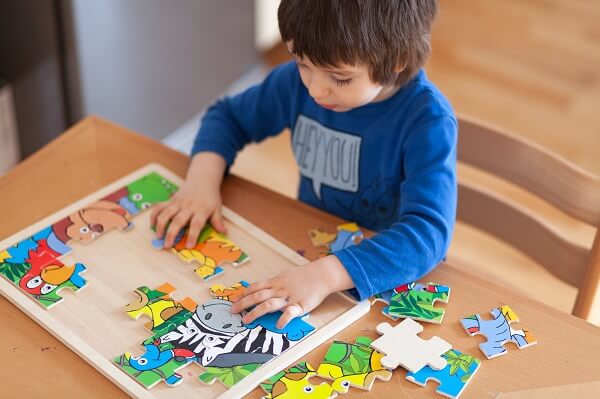
Developing critical thinking skills from an early age will benefit children immensely as they age and face complex decisions in their education, careers, and personal lives. As parents and caregivers, we can employ several evidence-based strategies to nurture children’s analytical abilities.
Here are eight strategies you can practice to develop your child’s critical thinking skills:
Understanding Critical Thinking in Children
Critical thinking involves carefully questioning and analyzing information rather than accepting things at face value. Start by defining critical thinking in age-appropriate terms, considering cognitive development stages. Clarify misbeliefs that critical thinking is just for adults; even young kids exhibit versions through play and interactions.
When seeking learning institutions for children, choosing one that fosters their critical thinking skills is ideal. Brookvale early learning program and the like offer such environments, putting a premium on young kids’ holistic development.
Engage Them in Open Talk and Debate
Fuel their mental development through open-ended discussion, especially on topics they care about and have strong opinions on! Foster positive interactions when views differ and agreements can’t be reached easily. Expose them to how people respectfully agree to disagree.
Moreover, have them participate in broader conversations with other relatives or family friends. Encourage them to voice positions on issues they feel passionate about, even if it challenges assumptions.
Model Critical Thinking and Praise Curiosity
Children learn through observation and emulation. This is why parents and educators must model the critical thinking they hope to impart as values.
Ask thoughtful questions about events in the news or explore why certain decisions are made around the house. Consider ideas from multiple perspectives, think through consequences, and weigh the pros and cons of choices openly so kids can witness the deliberation unfold.
Praise your children when they ask thoughtful questions or make links between disparate concepts. Show your awe and delight when you observe them doing problem-solving or troubleshooting activities.
Teach Through Inquiry
Get those creative juices flowing by asking probing questions instead of showing the answer. Why do they believe something to be true? How would they go about testing that theory? What outcome might we expect under X conditions? What if we tweaked that approach? Having to come up with responses activates critical reasoning centers of the brain.
Promote risk-taking by assuring children it’s okay if their predictions don’t pan out. Learning what doesn’t work can be as informative as discovering what does.
Learning Through Play
Learning through fun, hands-on activities often provides the most enriching path toward cognitive development. Let them lead in an imaginative game rather than dictating the rules and plot lines yourself. See if they can resolve differences constructively if a disagreement about the gameplay emerges.
Supply them with building materials or art supplies and step back to allow their ingenuity to guide the experience instead of intervening at every turn. Simple challenges can unleash impressive problem-solving capacities! Troubleshoot why the fan stopped rotating or help them diagnose what’s causing the toy car to veer left unexpectedly.
Discuss Multifaceted Topics
Delve into themes involving ethical ambiguity, historical conflicts with arguments on multiple sides, or societal issues impacted by technological advances. Read to your kids and select reading material, documentaries, and current events suited for their maturity level as launch points.
Resist definitive judgments about messy human affairs still evolving and where reasonable people disagree. Regardless of topics, consistently reinforce that critical thinking means thoroughly understanding an issue from different standpoints before taking a stance.
Cooperative Games and Puzzles

Shared goals require teamwork and, therefore, critical coordination. Have them cooperatively tackle jigsaw puzzles, build structures from blocks, or engage in strategic board games. Observe how they allocate responsibilities, identify optimal moves/placements, negotiate rules, anticipate consequences together, etc. Debrief afterward to highlight critical thinking techniques leveraged that facilitated or hindered progress. Praise flexibility, open-mindedness, and objectivity.
Take Their Perspectives Seriously
The most pivotal means of nurturing critical thinking is demonstrating a genuine interest in understanding children’s thought processes. Resist dismissing ideas you consider silly or ignorant. Engaging with them thoughtfully signals their intellectual maturation. Offer constructive suggestions instead of judgments when they veer off track.
With patient guidance, they’ll learn to separate subjective feelings from objective reasoning—the hallmark of critical thinkers.
Parting Thoughts
The mental processes fused to produce critical thought represent sophisticated cognitive capabilities that significantly impact one’s trajectory in education and employment.
The foundation for skills like evaluating the validity of arguments, detecting bias, categorizing concepts, and synthesizing information originates early in life.
As parents and caregivers help cultivate such skills through evidence-backed techniques, children’s prospects will thrive on critical thinking proficiencies, serving them well throughout their lives.












